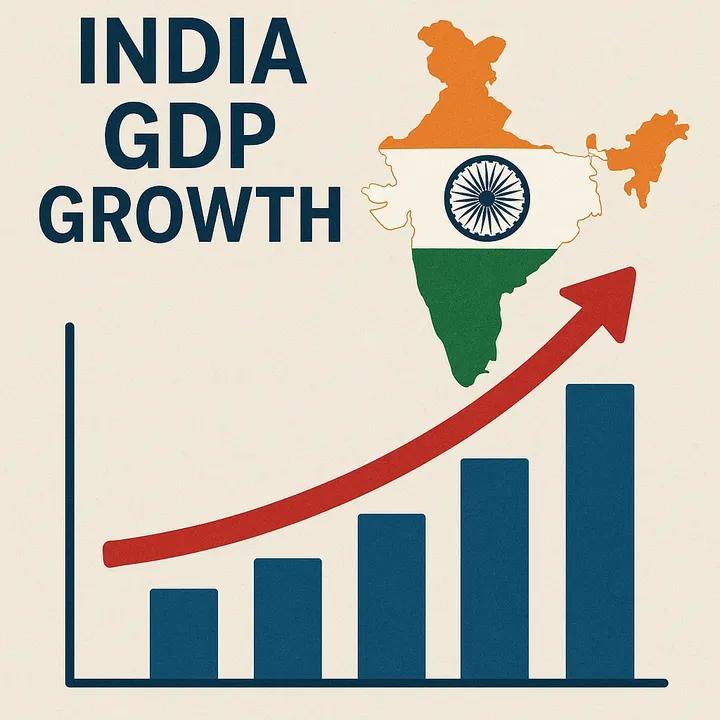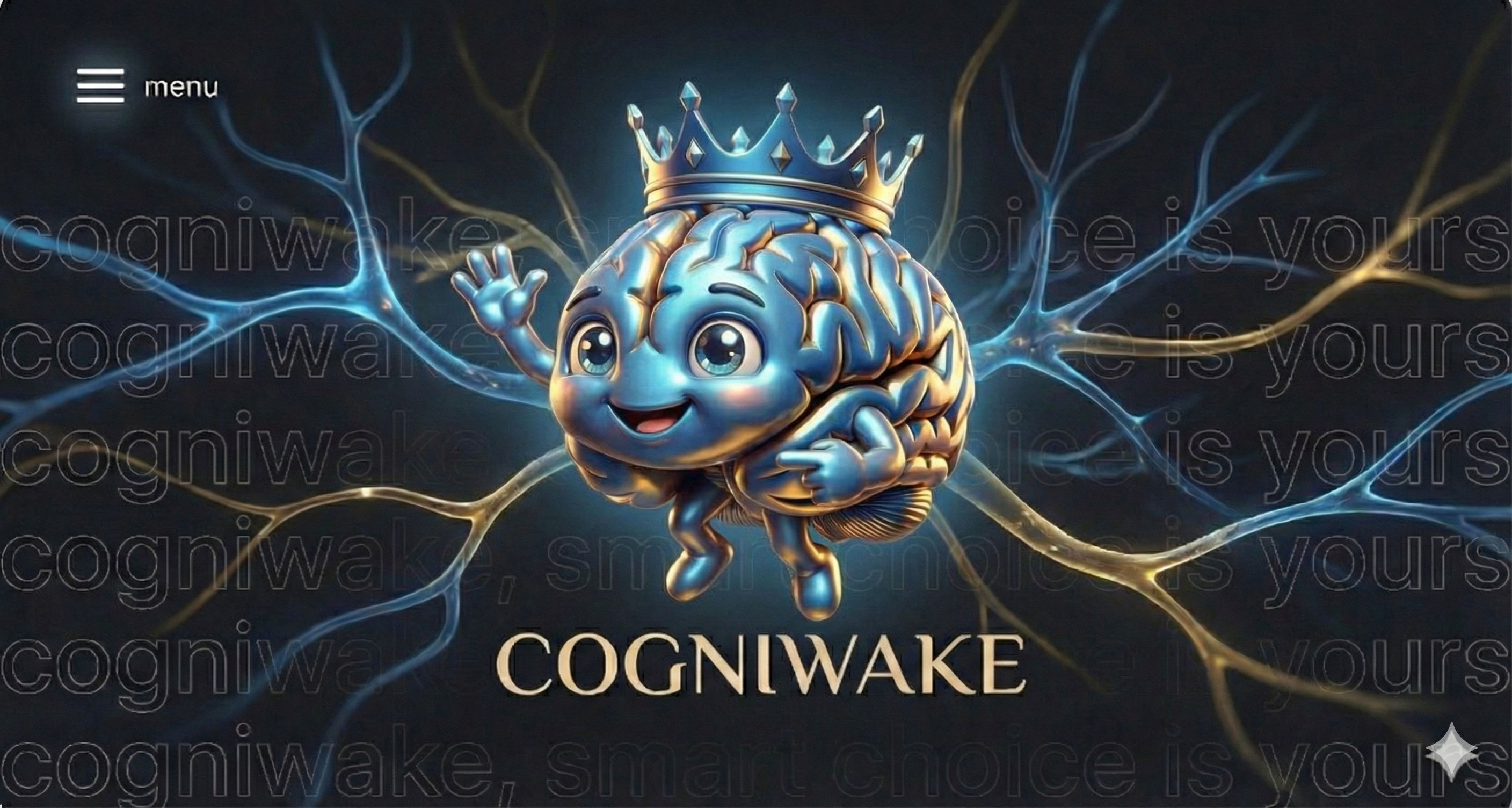Back
Anonymous
Hey I am on Medial • 1y
13. Principle-Centered Living: Covey advocates for living by timeless, universal principles (such as integrity, fairness, human dignity) rather than reacting to emotions or external forces. Aligning with these principles helps guide decisions and actions, leading to long-term effectiveness. 14. Private Victory Before Public Victory: The first three habits (Be Proactive, Begin with the End in Mind, Put First Things First) focus on personal or "private" victories—achieving self-mastery and independence. These are essential before pursuing "public victories," or success in interdependent relationships (Habits 4-6). 15. Abundance vs. Scarcity Mentality: People with an abundance mentality believe there’s enough success and resources for everyone, which leads to collaboration. In contrast, those with a scarcity mentality think success is limited, leading to competition and insecurity. 16. The Power of Paradigms: Covey emphasizes that the way we see the world (our paradigms) shapes our actions and outcomes. Shifting paradigms—viewing things from different perspectives—can unlock new possibilities for problem-solving and personal growth. 17. Habit as the Intersection of Knowledge, Skill, and Desire: Covey defines a habit as a combination of knowledge (what to do), skill (how to do it), and desire (wanting to do it). All three elements must come together to form a habit that leads to effectiveness. 18. "Inside-Out" Approach: Covey advocates for solving problems by focusing on changing yourself first (inside) rather than trying to change external situations or other people (outside). Personal growth leads to better outcomes in relationships and work.
More like this
Recommendations from Medial
Only Buziness
Everything about Mar... • 4m
In marketing, scarcity creates urgency by making products seem rare or limited, pushing customers to act fast. There are mainly three types — limited-time scarcity, where offers expire soon; limited-quantity scarcity, where stock runs out quickly; an
See MoreAnonymous
•
Techsaga Corporations • 11m
I’m Your Habit Buddy — But I Need Your Help! 🌿 ... Hi there, I'm Habithook! Consider me your habit friend — here to accompany you through the highs and lows of developing habits. Whether it's waking up earlier, staying hydrated, or finally holding
See More
Mudit Saraswat
I write Ads and Cont... • 1y
Scarcity is the greatest force of influence. Why? Because it does all the heavy lifting for you. You don't need to create curiousity, urgency, and authority in your market if you have scarcity. That's why celebrity content is always viral. Tha
See MoreSuman solopreneur
Exploring peace of m... • 1y
atomic habits Habits are not the end aim ; they are the beginning. According to the "two-minute rule," begin with a task that takes less two minutes. Make routines simple: For instance, "Read one page" rather than "Read before bed." Master arri
See MoreDownload the medial app to read full posts, comements and news.














/entrackr/media/post_attachments/wp-content/uploads/2021/08/Accel-1.jpg)




















